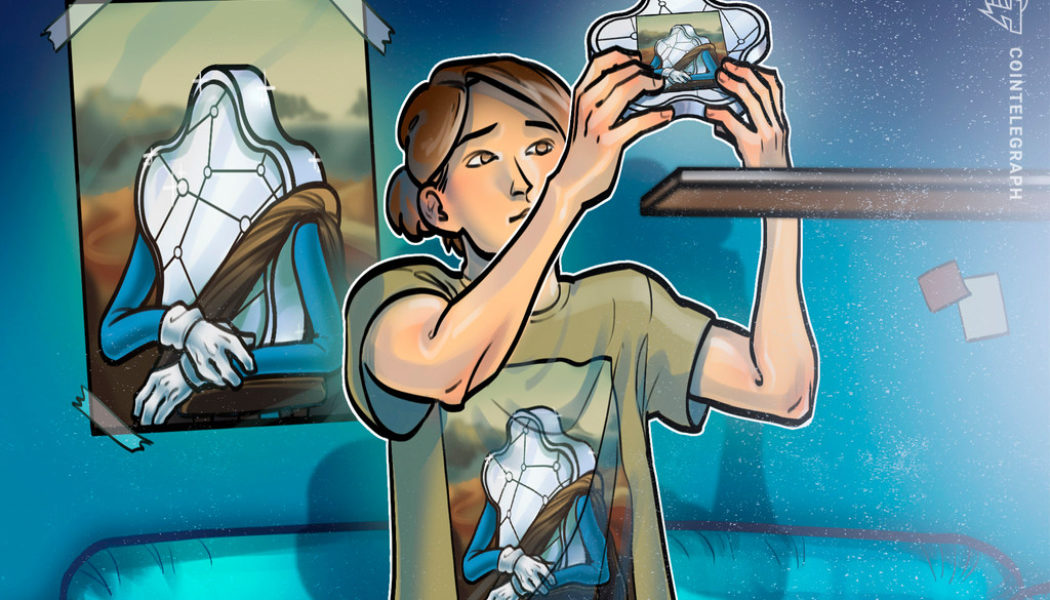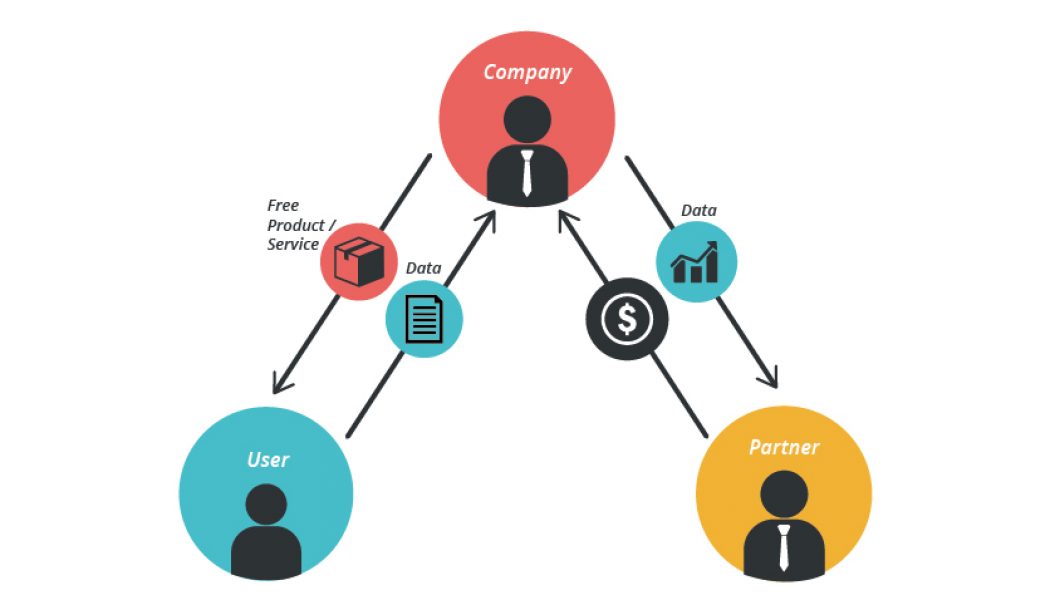Intellectual Property
What are CC0 NFTs, and why are they important?
As the Web3 world has largely promoted transparency and openness with code, NFT creators and teams are also opting for the same with art. However, that is just the beginning of the journey, and these nonfungible token creators and communities must realize that. CC0 can sometimes be portrayed as a logical conclusion where the NFT creators hand over the process of building on their creation to their community and beyond. Some NFT collections have had several derivative projects promoting the culture of the NFT almost as brand extensions. However, declaring a project as CC0 is just the beginning. NFT project teams and creators who take the CC0 route must actively promote the use of the brand and onboard other creators and projects to build brand extensions to their NFT collections. ...
Digitally Protecting Your Intellectual Property Helps Safeguard Future Business Success
In today’s increasingly knowledge-based economies, intellectual property holds value because of its ability to generate future profits and wealth, as it fuels innovation and growth. Therefore, it is logical that companies need to take precautions to safeguard their intellectual property. One definition of intellectual property is as follows: “Law: property that results from original creative thought, as patents, copyright material, and trademarks, OR an individual product of original creative thought.” Protecting an intangible asset As can be seen from the above, whether it is a legal or non-legal definition, original creative thinking is an integral part of intellectual property, meaning that it is an intangible asset which can take many forms. Some of the most well-known forms of i...
How to Use and Monetise Data
Data and data analytics? Big business. We generate a massive amount of information every day, sourced via the Internet of (Every)Thing(s), GPS trackers, fitness wearables, software-as-a-service, web content and social media. This information can be analysed computationally to reveal patterns, trends and associations; yielding outputs with a multitude of uses. For example, we can use it to predict trends and patterns, find the most lucrative opportunities, and manage our time and resources more effectively. But how does intellectual property (IP) law protect data, enabling it to be monetised? And what should businesses be aware of, as they grow increasingly dependent on data? Copyright and common law /* custom css */ .tdi_3_628.td-a-rec-img{ text-align: left; }.tdi_3_628.td-a-rec-img img{ m...



